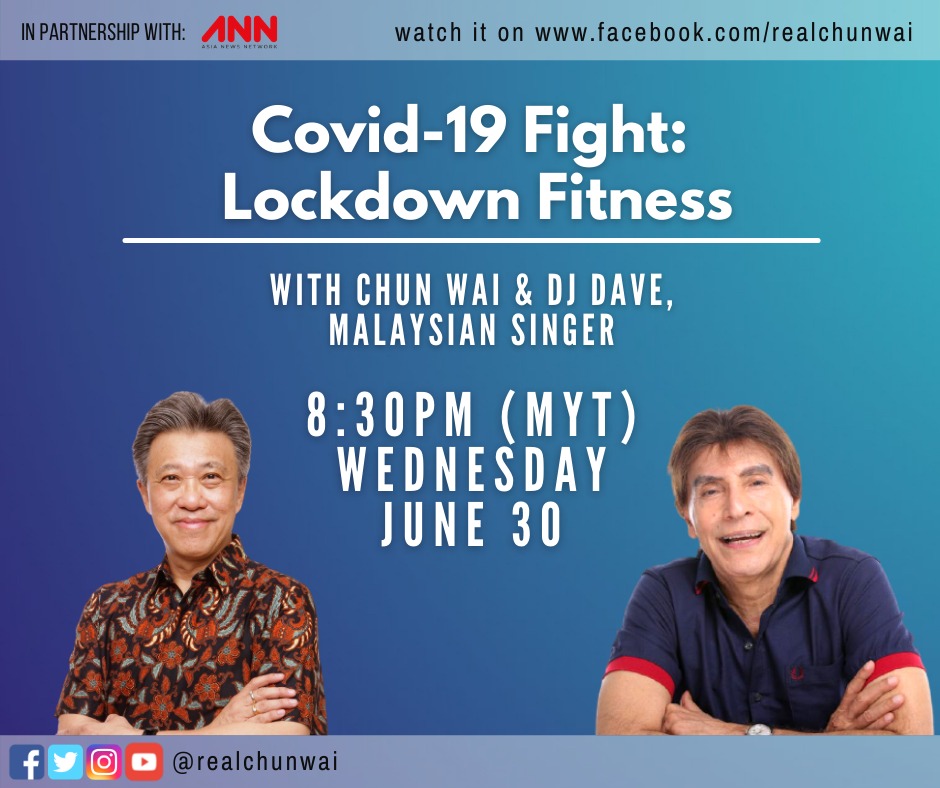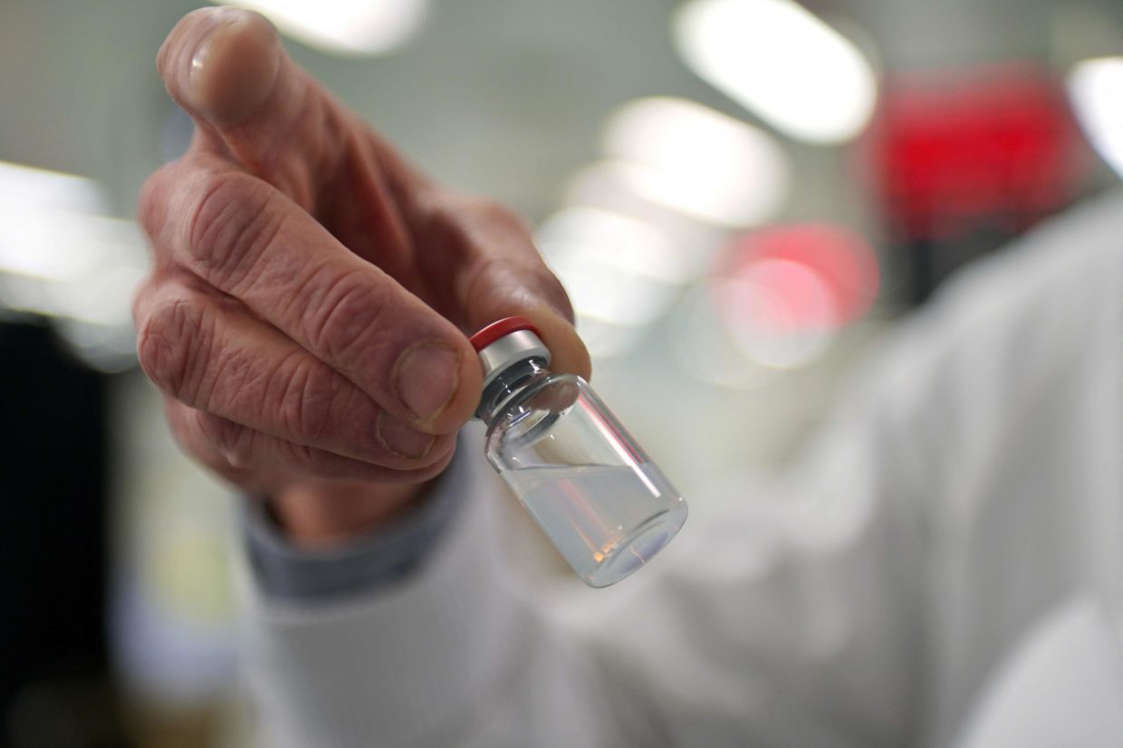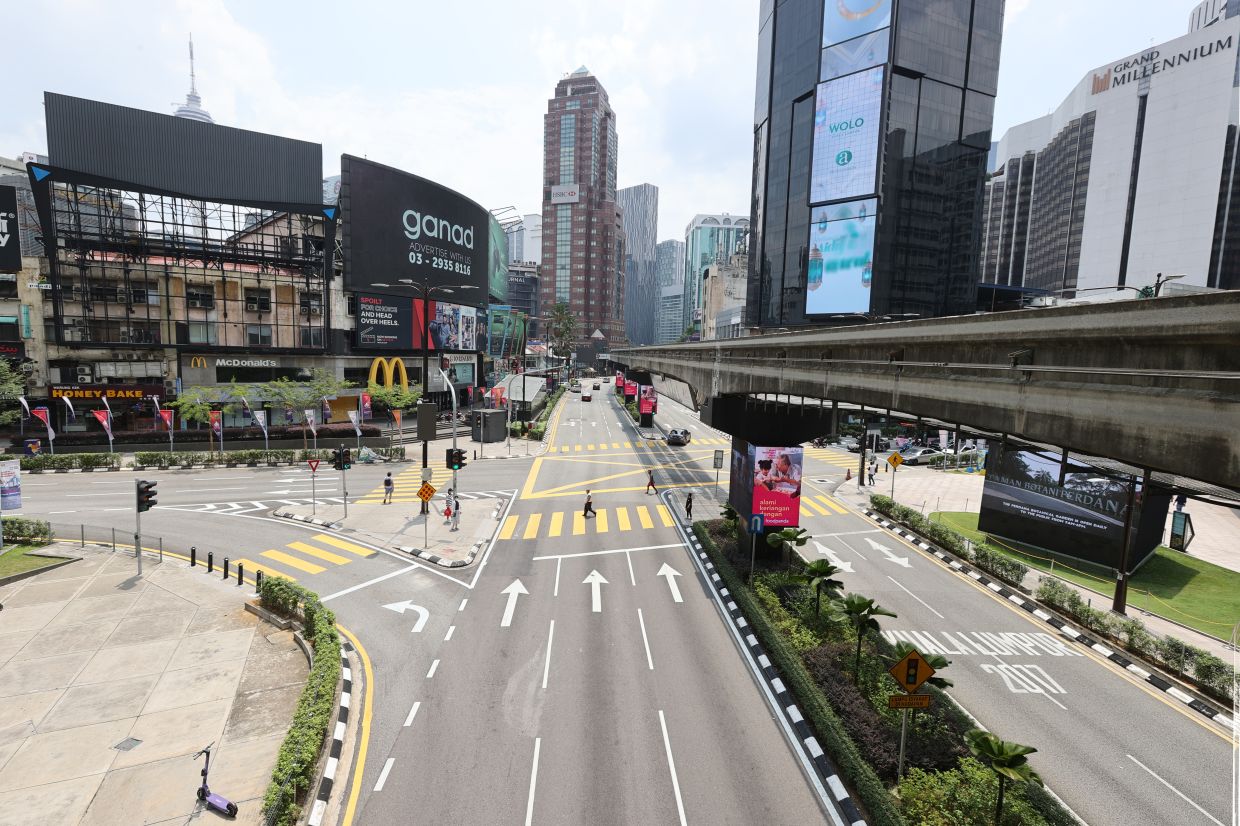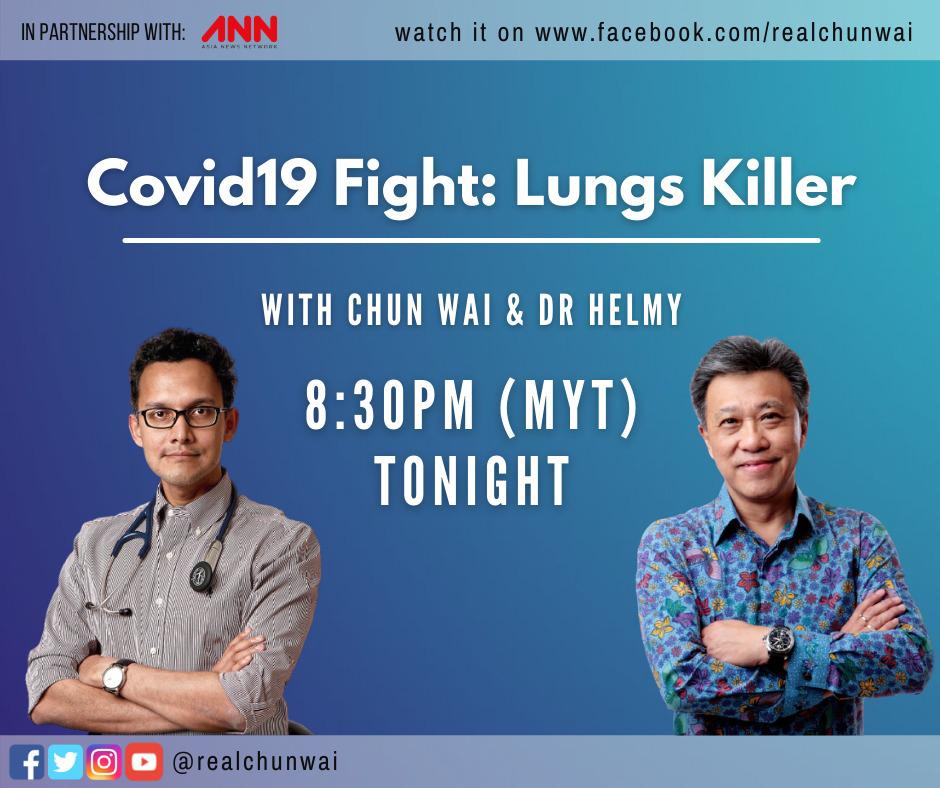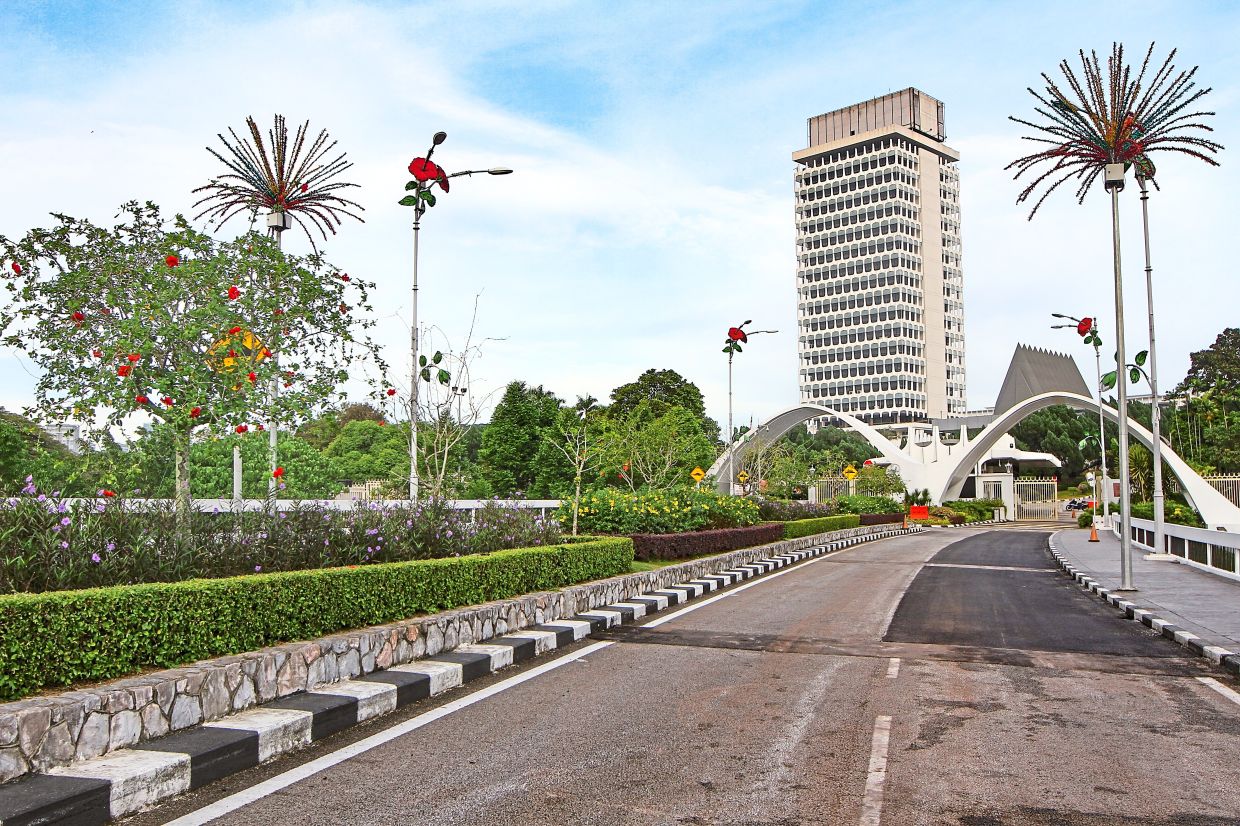IT’S miserable to be in Selangor because we’ve now transitioned into the dreaded enhanced movement control order (EMCO). This will have a serious economic impact since the state has the highest number of factories, being the largest contributor to the country’s gross domestic product.
Although manufacturing plants producing essential items are allowed to operate, that’s still not good enough. Many of these factories rely on supporting materials, so, even if they’re allowed to open, they’re not operating at full capacity.
Succinctly put, the country’s economy has already been decimated, so shutting down Selangor will only send it closer to the grave.
The question now is, if the 6,000-odd figure continues after the EMCO ends, will we have to extend the MCO, EMCO, or whatever phase of the National Recovery Plan (NRP) we could be in then, if certain thresholds aren’t met?
Perhaps we need to use new approaches and strategies. Let’s not worry about what we need to call it, though.
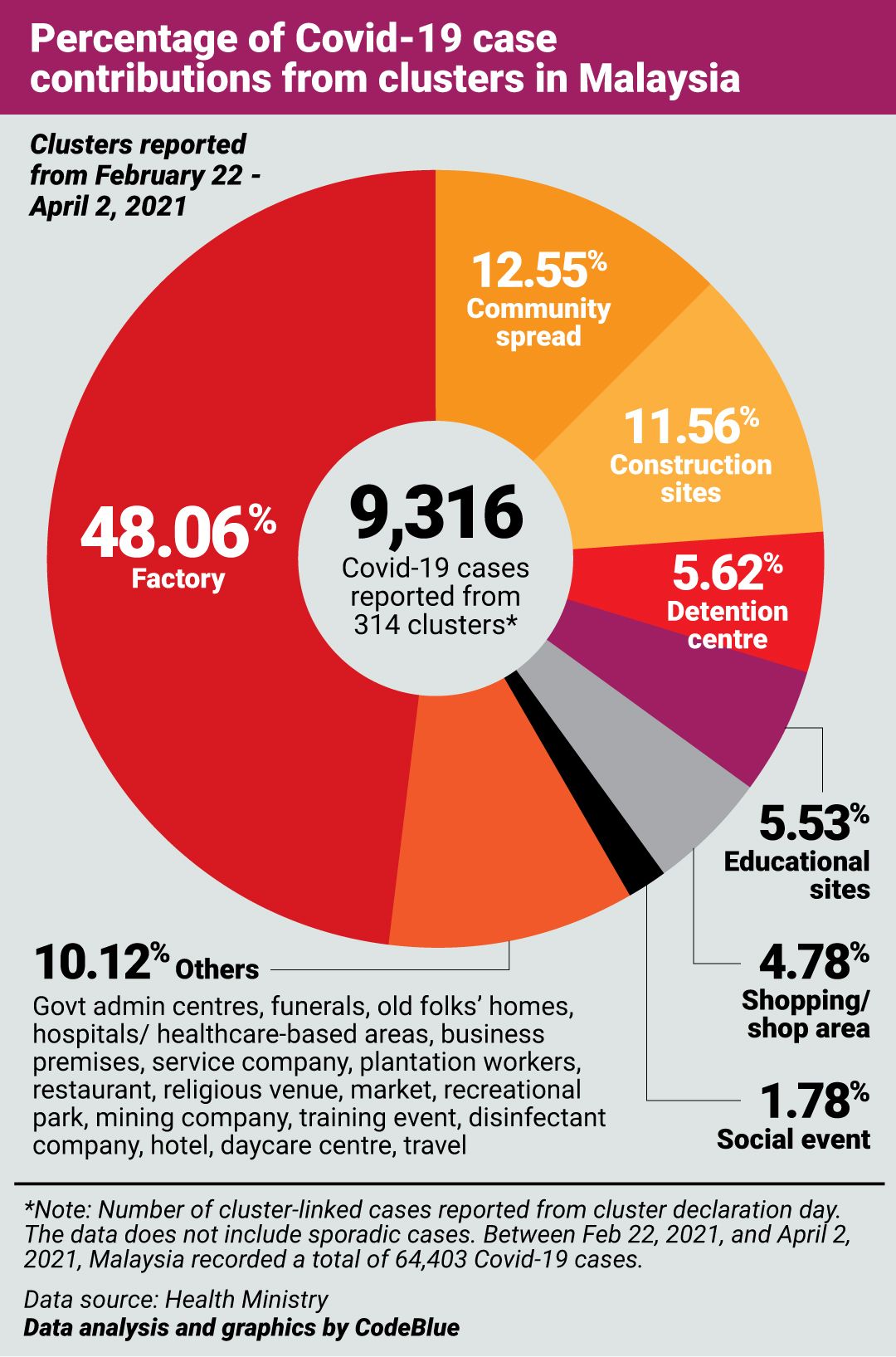
These terms and acronyms are couched by politicians and bureaucrats, but as far as we’re concerned, it’s just a lockdown.
So, spare us the political semantics for wanting to be politically correct – put it on a t-shirt. As Malaysians, we only care about daily case numbers and whether we can get back to work.
How many stimulus plans need to be unveiled when we know the assistance won’t come tomorrow because it will take time to validate applications?
The people, especially daily wage earners, just want to work and put food on the table. That’s all and it’s that simple.
After two lockdowns and yet struggling to reach Phase Two, I’m not sure if the country can handle the colossal losses from this economic meltdown.
Just look at the numbers and charts. It’s obvious Kuala Lumpur and Selangor make up half of the total number of daily Covid-19 positive cases. This is because of the Klang Valley’s demographic enormity.
Many people are moving and gathering at workplaces, and even neighbourhoods. The density in low-cost flats and apartments is high.
There are also areas with large congregations of immigrants, who have yet to be vaccinated and are possibly even illegal.
Last week, Mentri Besar Datuk Seri Amirudin Shari said 91% of clusters in Selangor were workplace related, with a whopping 80% from factory clusters and 11% from construction. He said they encompass part of the 125 active clusters in the state.
In contrast, Senior Minister and International Trade and Industry Minister Datuk Seri Azmin Ali said it was inaccurate to blame factories and the manufacturing sector for the surge in Covid-19 cases.
He had also previously said that the numbers from factories were small compared to community transmissions.
Such seemingly contradictory statements aren’t going to help the country, or Selangor.
But we can’t lock down the entire country because of the Klang Valley. Honestly, it doesn’t make sense.
The federal government has appropriately allowed Pahang, Perak, Terengganu, Kelantan and Perlis to move on to Phase Two of the NRP. While this caters to states opening, they’re still barred from organising large meetings and social events. Sabah has insisted on allowing dine-in at restaurants, with many caveats, of course.
The intention may be to help eateries. However, according to a report on Covid-19 epidemic management that was submitted to Bank Negara, the huge number in April was attributed to higher transmission at social, religious and restaurant premises. Workplace negligence was another reason for the spike in cases.
By late April, the Ramadan bazaars contributed to the surge with 28 bazaars identified as potential hotspots, while interstate travel, done illegally, exacerbated the situation. Interestingly, the report calls for interventions aimed at breaking Covid-19 transmissions and minimising economic disruptions.
It can be done with strict SOP, Hotspot Identification for Dynamic Engagement (HIDE) and on the ground enforcement, sans shutting down businesses.
If factories are a major contributor, that means transmissions remain highly concentrated.
Pre-emptive and targeted interventions can be administered speedily by sending mobile vaccination teams to factories.
In Selangor, over two million employees from 50,000 companies have signed up for the state vaccination programme. Other states should also do the same.
Early this month, MITI also announced Phase 4 of the vaccination programme for the manufacturing sector.
So, vaccinations are being conducted. At this stage, it’s a moot point deliberating whether we should have placed our vaccine orders earlier or taken the ideal course of action. It’s easier to speak in hindsight, of course.
This ranting and whining, mostly with political prejudices, are good sound bites in social media talk shows, but they don’t help unless practical and well-conceived ideas are contributed.
Having allowed the four states to move on to Phase Two, other states should now be allowed to ease out of the lockdown based on the improvement of their own Covid-19 numbers. It’s illogical and unfair to keep the country under lock and key.
Instead of the national infection rate, which is now being referenced to justify the current nationwide MCO, it’s time for other reviews to indicate if states are recording different levels of infections, hospitalisation and vaccination rates.
Besides mass vaccinations at factories, mass testing, tracing and treatment must be done in tandem.
We keep getting that scary 6,000-odd figure, but how many of these are mild or asymptomatic cases? How many of our cases are severe enough to require ICU-level care, or are at stage three or four?
Going forward, we need to grapple with certain realities – lockdowns can buy time to strengthen other interventions, but we should know that they are detrimental to both livelihoods and lives.
We have tried these lockdowns, but the numbers have not gone down. In fact, it has only worsened, so that means they don’t work.
Let’s not forget, the Delta variant will increase infectivity and even leave the vaccinated susceptible.
The bottom line is, we can’t have endless lockdowns. It’s time for a completely fresh and effective approach to defeat Covid-19, and once our numbers come down, we need to learn to live with it.


